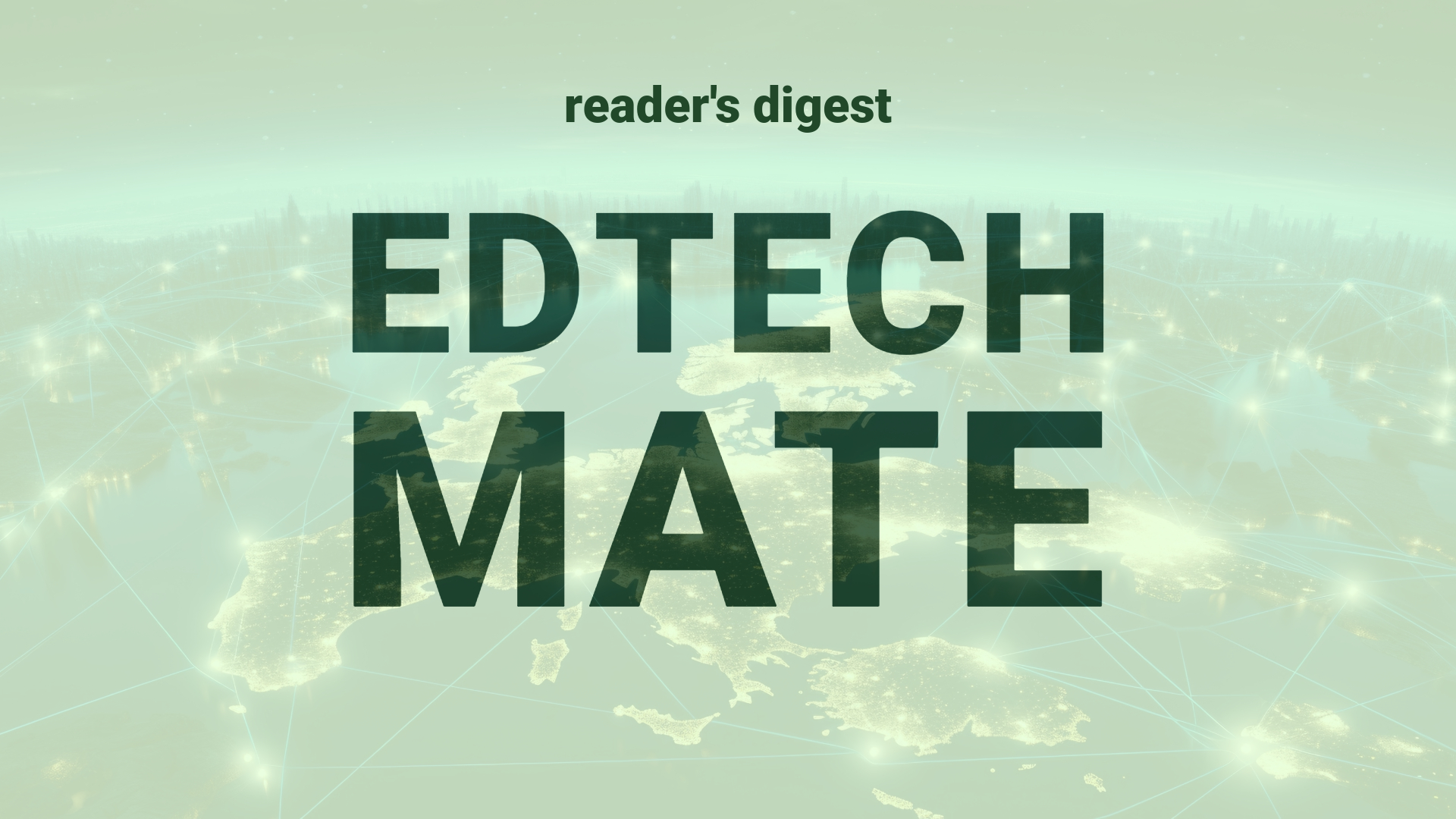Executive Summary and Main Points
In recent educational technology news, Microsoft has declared its intent to vacate its observer seat on OpenAI’s board amidst increased regulatory scrutiny on generative artificial intelligence (AI) in Europe and the United States. Microsoft’s Deputy General Counsel communicated the decision to OpenAI, noting that the observational role offered valuable insights into the board’s operations without affecting its independence. This follows on heightened regulatory investigation from the European Commission into the Microsoft-OpenAI collaboration, with concerns over potential antitrust issues in the markets for virtual worlds and generative AI. Despite confirming OpenAI’s unaffected independence by Microsoft’s non-participatory role, UK’s Competition and Markets Authority persists with questions. OpenAI, renowned for the launch of ChatGPT, has attracted significant investment from Microsoft, positioning the tech giant at the forefront of foundational AI models development.
Potential Impact in the Education Sector
The developments between Microsoft and OpenAI carry significant implications for the education sector. Further Education and Higher Education institutions stand to benefit from advancements in AI, potentially revolutionizing teaching methodologies and learning experiences through personalized, adaptive learning platforms. The infusion of Microsoft’s resources into OpenAI may foster innovation in AI applications that could streamline administrative tasks and enhance research capabilities. The increased regulatory attention also underscores the necessity for strategic partnerships that are compliant with global standards. Additionally, the augmentation of AI in education could amplify the value of Micro-credentials, offering more nuanced and accessible pathways for professional development and lifelong learning in a digitally interconnected global education landscape.
Potential Applicability in the Education Sector
Emergent AI technologies, particularly those developed by OpenAI, present versatile applications in the global education sector. AI-enabled tools can facilitate automated grading, adaptive curricula, and virtual assistants that support both students and faculty. The implementation of AI can bolster online learning platforms and create more engaging, interactive environments that transcend traditional classroom boundaries. Furthermore, this technology can be harnessed for academic research, through data analysis and pattern recognition, to push the frontiers of knowledge. Such digital transformation is crucial for institutions aiming to stay competitive and address the diverse needs of an international student body.
Criticism and Potential Shortfalls
Despite the promise of AI in education, criticisms and potential shortfalls cannot be overlooked. Issues around data privacy, bias in machine learning algorithms, and the digital divide could exacerbate existing inequalities within the education sector. The efficacy and appropriateness of AI applications vary globally, with some education systems facing infrastructural challenges that hinder adoption. Ethical considerations remain paramount, particularly in the context of academic integrity and the authenticity of student work. Comparative international case studies reveal varied success in AI integration, suggesting that one-size-fits-all solutions are impractical considering cultural and contextual differences.
Actionable Recommendations
To capitalize on the advent of AI in education, it is recommended that education leaders pursue the following actionable steps: Develop a digital transformation strategy that aligns with institutional goals and student needs, ensuring it is adaptable to different cultural contexts; establish ethical guidelines for AI use that prioritize student privacy and data security; foster collaborations with AI developers to tailor applications for educational purposes; invest in infrastructure and training that prepare both educators and learners for a digitally augmented academic environment; and engage in continuous evaluation of AI’s impact on teaching and learning processes to fine-tune integration efforts. By embracing these approaches, the international education sector can harness the full potential of AI and maintain compliance with evolving regulations.
Source article: https://www.cnbc.com/2024/07/10/microsoft-reportedly-drops-its-observer-seat-on-openai-board.html

